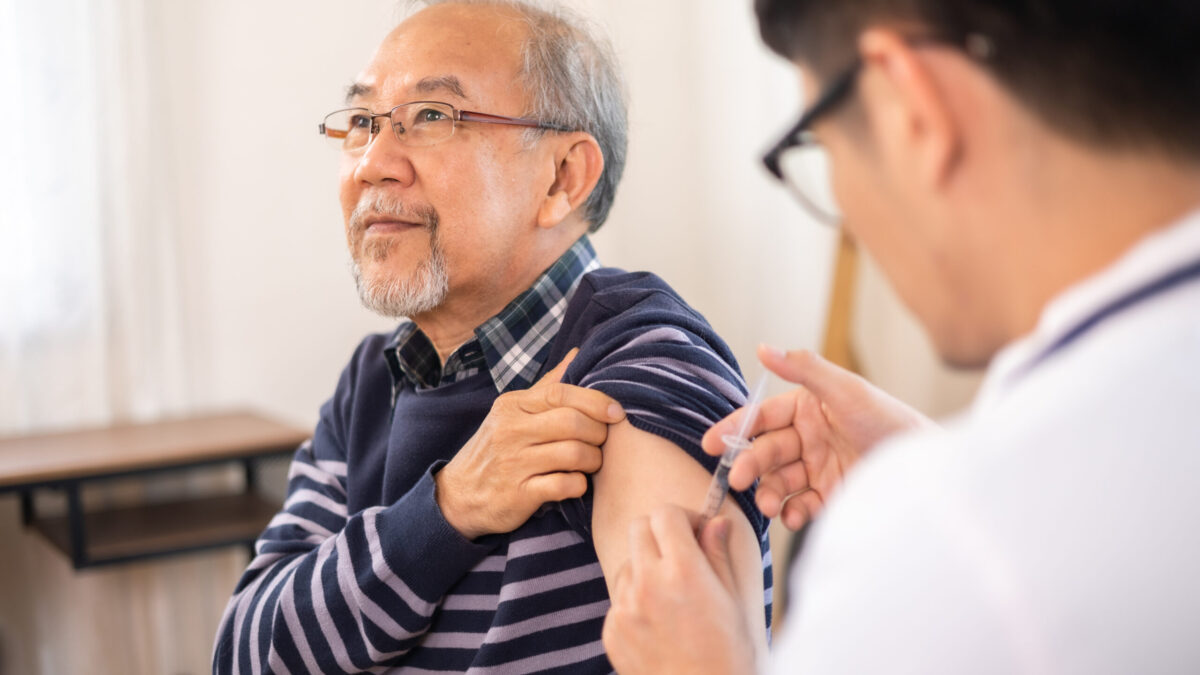For years, older Americans have faced a deadly seasonal virus with no protection. Now the first-ever vaccine for RSV, or respiratory syncytial virus, could protect them from the common respiratory infection.
The FDA recently approved the RSV vaccine, greenlighting its availability this fall for adults age 60 and older. This population is especially vulnerable to the disease, which causes as many as 10,000 deaths and 160,000 hospitalizations among older adults each year, according to the CDC.
Shots Could Save Lives and Reduce Symptom Severity
The newly approved vaccine performed well in published trials, being 94% effective at lowering the risk of severe illness in adults over age 60. It was 83% effective at reducing symptomatic infection.
Other vaccines are also on the way. One, which could be approved in the coming weeks, was found in clinical trials to be 86% effective at preventing severe RSV disease.
Prevention and quick treatment will save lives. They will also lower health care costs. Reducing severe RSV cases means fewer hospitalizations and less need for advanced medical intervention.
Innovations In RSV Treatment Are on the Horizon
Another forthcoming option is long-acting monoclonal antibodies, which could provide longer-term protection against RSV, reduce symptom severity and speed recovery times. Because long-acting immunizations require fewer doses and boosters, they can help patients for whom frequent medical visits are difficult.
In long-term care facilities, where exposure to RSV is common, long-acting monoclonal antibodies or immunizations could significantly reduce cases. This could be lifesaving for at-risk patients whose RSV can lead to bronchiolitis, pneumonia, asthma attacks, hospitalization and the need for ventilator support.
In addition to older adults, people with suppressed immune systems and children younger than five are particularly vulnerable to RSV infection.
Untreated, RSV can lead to serious complications with dire consequences for patients, families, and health care systems. Treatment options, including vaccination, long-term prevention, prompt diagnosis and appropriate interventions can reduce this high cost. Patients should talk with their health care provider about which preventive measures may be right for them.




